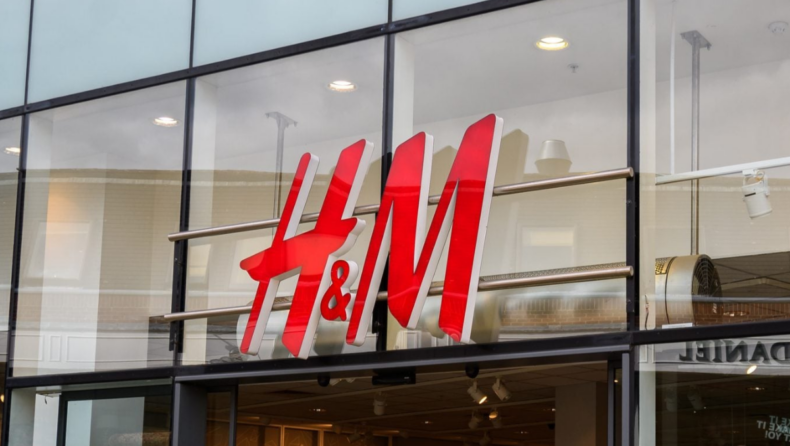The Swedish fast-fashion giant has acknowledged its part in making misleading sustainability claims and thus greenwashing its consumers. They have committed to providing a clearer and more complete set of sustainability declarations by implementing essential changes.
These changes are to be made as per a set of guidelines provided to them, which essentially says:
- The brand has to clearly state the benefits the product offers in terms of sustainability.
- The brand has to back its sustainable claims with facts and evidence.
- The brand’s comparisons with the products and services of competitors must be fair.
- The brand’s sustainable efforts must be presented honestly and should not lack specificity.
- The visual claims and labels made by the brand should not be counterproductive when it comes to consumers understanding the said claims.
They will also be removing the labels “Conscious” or “Conscious Choice” from their websites until they evaluate how they can better communicate their sustainability goals to better inform and educate their consumers.
They have also committed to donating €500,000 to a non-profit organisation in the sustainability sector. Decathlon, which was also under fire for greenwashing, has also committed to doing the same with a donation of €400,000.
What led to the change in H&M’s sustainability claims?
This comes after an in-depth study of the use of sustainability claims by businesses carried out in August 2020 by the Netherlands Authority for Consumers and Markets revealed that over 170 businesses’ sustainability claims were not backed by actual evidence and were vague and unclear.
In April 2021, ACM sent these businesses official letters explaining the problems with their sustainability claims. Over 60 of those 170 businesses belonged to the clothing sector, H&M being one of them.
In June 2021, 10 businesses, including H&M, were narrowed down by the ACM for a more detailed checkup as they made the highest turnover in the Netherlands from online sales.
ACM saw the need for this study as growing changes in the behavioural patterns of consumers showed that more and more of them considered sustainable aspects of a brand as an essential element in their buying decisions.
ACM also saw a growing trend of companies making tall sustainable claims across sectors.
Greenwashing, the new marketing gimmick?
This is not the first time a fast fashion brand has come under the radar for greenwashing its consumers.
Greenwashing is the practice of brands making unsubstantiated claims to deceive consumers into thinking that their products are eco-friendly or sustainably conscious.
Earlier this year the Norwegian Consumer Authority had found Norrøna’s environmental claims to be misleading and had also warned H&M against using greenwashing as a marketing tool or risking economic sanction.
Norrøna is an outerwear brand and was using data from Higgs Index to support their claim that a few of their t-shirts were made of organic cotton, which had a far less environmental impact as compared to a usual cotton t-shirt. However, the Norwegian Consumer Authority found that the data was not enough to substantiate their claim.
There have been growing concerns regarding greenwashing in Europe for a while now, and that has led to a greater interest in regulating sustainable claims made by brands.
Back in July this year, the Competition and Markets Authority of the UK also led an investigation into fast fashion brands like Boohoo and Asos over concerns that the green claims made by them were not accurately substantiated and products were wrongly being marketed as eco-friendly.
The entire British fashion sector has come under scrutiny as the CMA found it to be the biggest contributor to greenwashing. Both the fast fashion brands agreed to work with the CMA and its guidelines.
H&M was also sued two months ago by Chelsea Commodore, a SUNY New Paltz marketing student, in New York. She accused H&M of false advertising about the sustainability of their products.
She alleged that the products labelled and marketed as “conscious” were, in fact, not at all so. Her research found that, contrary to what the conscious collection claimed, the products needed more water to manufacture than their normal collection.
And although H&M blamed the discrepancy on technical issues, I think it’s high time for brands to realise that they need to give up using sustainability as a marketing tool.













